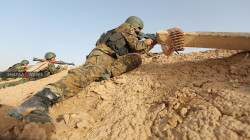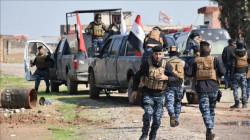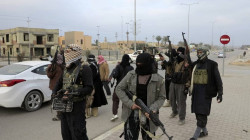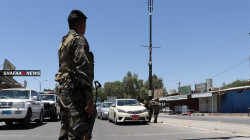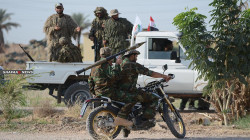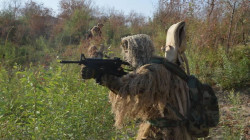Families displaced from Kirkuk demand "federal occupation" that hinders their repatriation
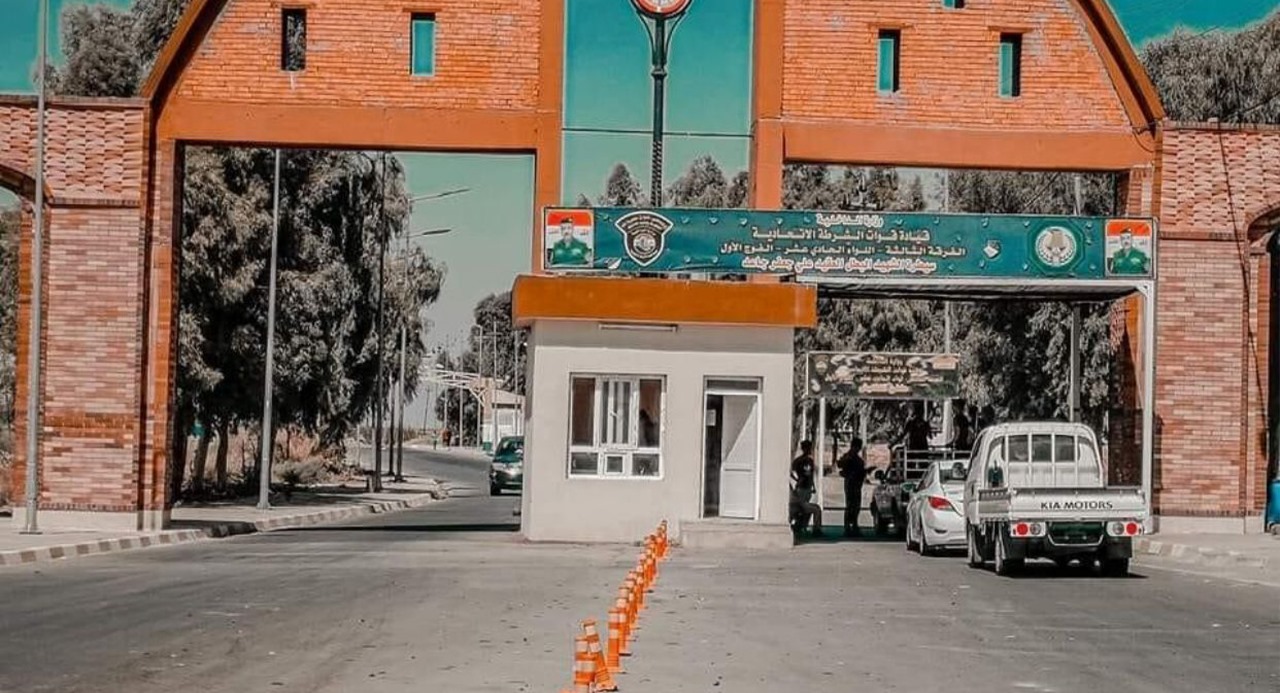
Shafaq News/ Residents of three villages in Kirkuk on Friday called on the Iraqi government to allow them to return home, seven years after the area was liberated from the Islamic State (ISIS) group.
The villages of Afisa, al-Khairat, and al-Oyoun have been occupied by security forces since 2017, even though the area is now considered safe.
Local officials and residents say they have repeatedly asked the security forces to leave, but their requests have been ignored.
"The security forces made sacrifices to liberate our hometowns, and we appreciate that," said Khader Hamid, the director of al-Riyadh district. "But the federal police are still stationed in three villages or al-Riyadh district, even though the district was liberated several years ago."
Hamid said the police are refusing to allow the residents to return to their homes, despite living in displacement camps for years.
"The residents of these villages have been displaced since the ISIS invasion and the subsequent military operations," he said. "They have not been able to return to their homes until now."
Mahmoud al-Jubouri, a resident of al-Riyadh district, said the security forces must protect the people, "not occupy their homes."
"Our heroes in the security forces fought terrorism, defeated it, and liberated the land of Iraq from the most brutal terrorist organization, and offered martyrs for this purpose. we look at them as a beacon and an icon of victories and the wall of the homeland," he said.
"But that does not mean that the security forces should not evacuate the three villages and prevent their people from returning to them," he added. "We appeal to the government and security authorities to resolve this issue."
Baghdad and Erbil have been over odds over a strip of land extending from the Iraqi-Syrian border to the Iraqi-Iranian border. This strip is 1000 kilometers long and covers an area of 37,000 square kilometers. It includes important oil and gas wealth, specifically in Kirkuk, which makes control of these governorates even more consequential. The Kurdish parties seek to annex the Kurdish-majority Kirkuk to the Kurdistan Region, while many leaders in Baghdad insist that Kirkuk be part of Iraq.
Although Article 140 of the Iraqi constitution affirmed the responsibility of the executive authority to "undertake the necessary steps to complete the implementation of the requirements of all subparagraphs of Article 58 of the Transitional Administrative Law," as that authority must "accomplish completely (normalization and census and concludes with a referendum in Kirkuk and other disputed territories to determine the will of their citizens), by a date not to exceed the 31st of December 2007," this has not yet been achieved due to complex political and security considerations.
The fate of oil-rich Kirkuk and other disputed territories has caused a rift not only on the national level but also within the KRG; the two main Kurdish parties, the Kurdistan Democratic Party (KDP) and the Patriotic Union of Kurdistan (PUK) both desire to control Kirkuk.
